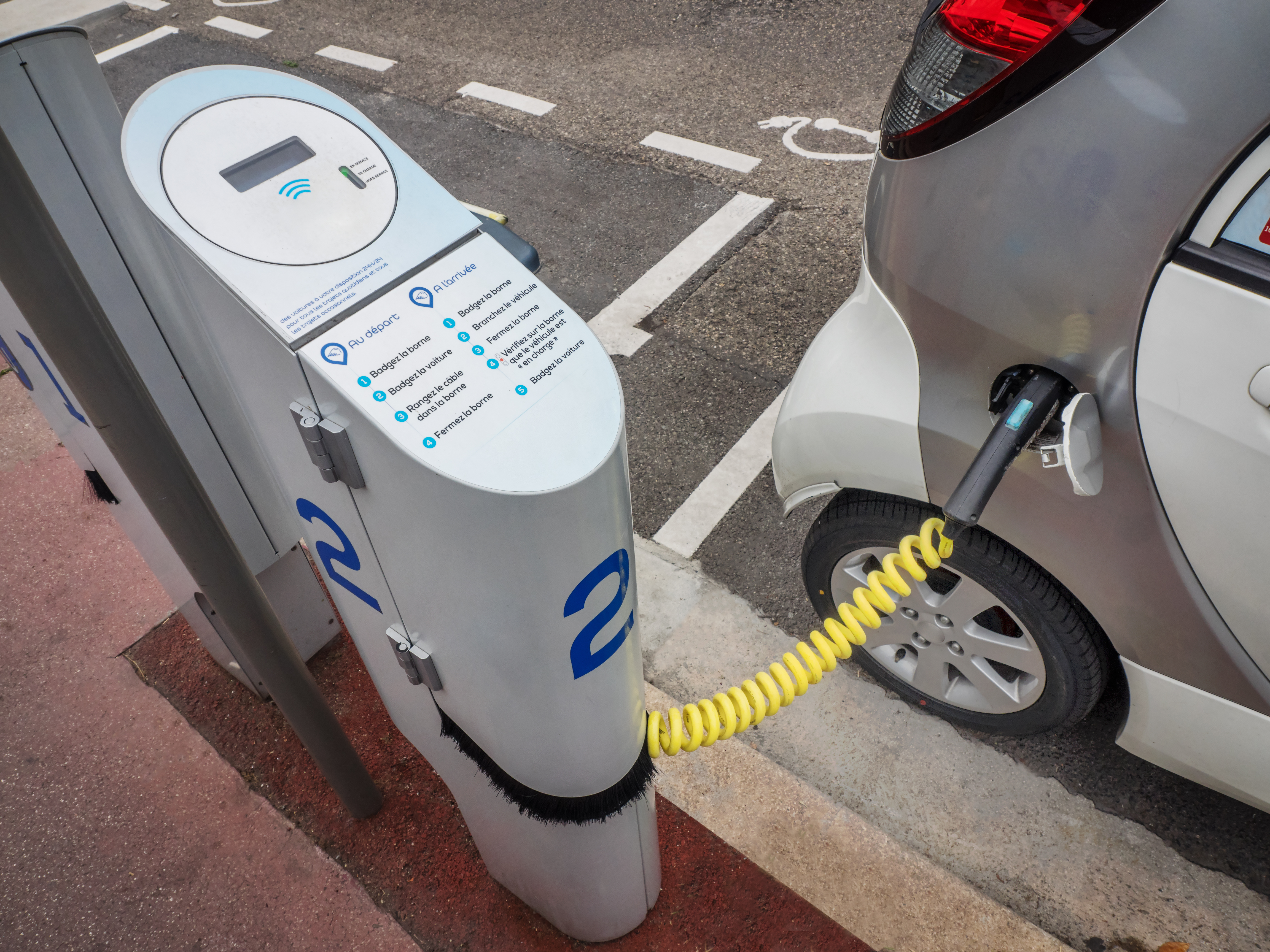Government data shows half-a-million milestone passed at the end of June
There are now more than half a million pure battery-electric vehicles (BEVs) are on UK roads, new figures show.
Analysis of latest DVLA data by the RAC Foundation shows there were 519,266 BEVs licensed at the end of June.
This is up from 282,977 a year earlier and 130,246 at the end of June 2020.
Steve Gooding, director of the RAC Foundation, said:
“This is a very significant milestone in terms of getting more battery-powered cars onto our roads, but we still have a long way to travel before we achieve a truly green fleet given that there are around 33 million cars in Britain.”
The Tesla Model 3 is the most popular BEV with 75,188 on the road, followed by the Nissan Leaf (47,646) and Kia Nero (26,095).
The most popular plug-in hybrid is the Mitsubishi Outlander (49,231).
Sales of new petrol and diesel cars and vans in the UK will be banned from 2030.
However, figures from the Society of Motor Manufacturers and Traders show the rapid increase in sales of new pure electric cars has slowed.
The number of registrations during the first three months of the year was 102% more than during the same period in 2021.
At the end of August, the year-to-date increase had fallen to 49%.
This has been blamed on supply shortages, and Government grants worth up to £1,500 for purchases of new plug-in cars being scrapped in June.
The Department for Transport said it wanted to “refocus” funding to encourage users of other vehicles to make the switch to electric.
Mr Gooding continued:
“In recent months the total take-up of vehicles running solely on electricity can best be described as steady rather than stellar, with shortages of supply hampering the ability of much of the auto industry to get vehicles from their order books and into drivers’ hands.
“It also appears that many people are hanging on to their existing car for a bit longer because of the cost-of-living crisis.
“Knowing how many electric vehicles are available for use is important, but what matters most is whether those vehicles are actually catering for the trips that would otherwise be fossil-fuelled.”
ENDS
Contact:
Philip Gomm – Head of External Communications – RAC Foundation
[email protected] | 07711 776448
Notes to editors:
The RAC Foundation is a transport policy and research organisation that explores the economic, mobility, safety and environmental issues relating to roads and their users.
The Foundation publishes independent and authoritative research with which it promotes informed debate and advocates policy in the interest of the responsible motorist. All the Foundation’s work is available at: www.racfoundation.org
The Foundation is a registered charity.


